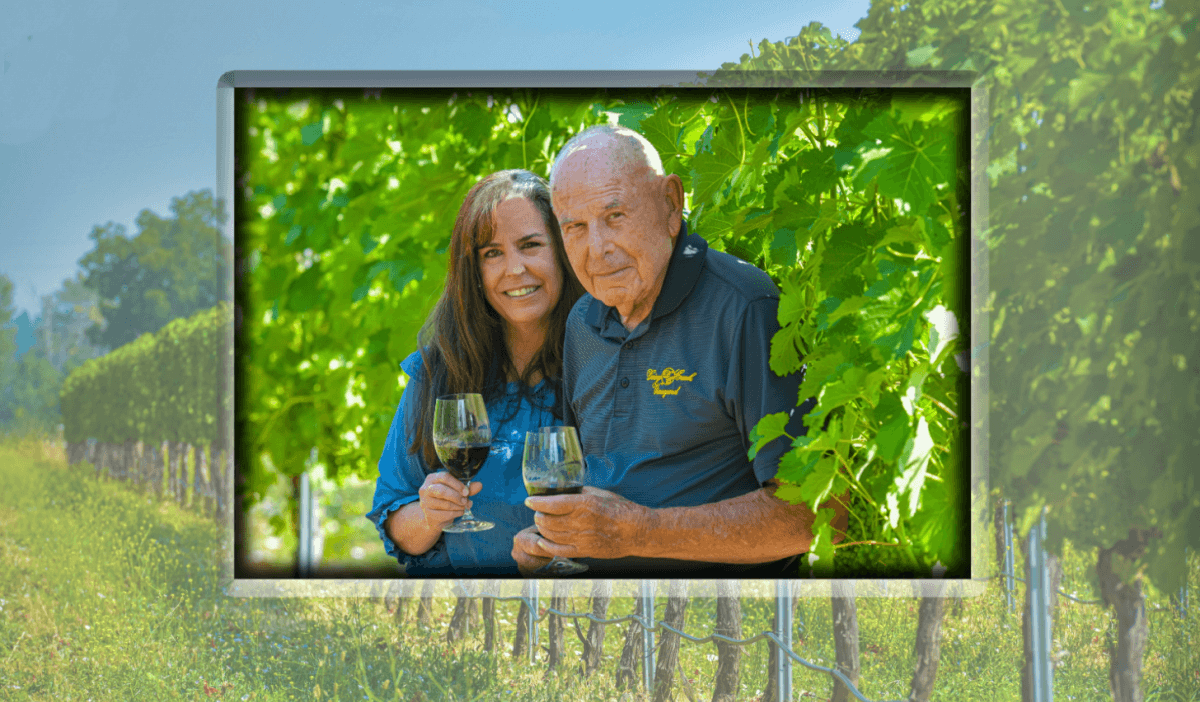10 Questions for the Man Behind the News
 Cyril Penn has followed the US wine industry as editor of Wine Business Monthly for nearly two decades. In that time, Wine Business Monthly has emerged as the leading provider of information to the wine industry in North America.
Cyril Penn has followed the US wine industry as editor of Wine Business Monthly for nearly two decades. In that time, Wine Business Monthly has emerged as the leading provider of information to the wine industry in North America.
He has explored wine regions throughout the world, is a frequent speaker at industry events, and is often quoted in the news media. Cyril has more than 30 years of wine service, magazine, and broadcast experience. Starting his career with Reuters in New York, he later contributed to dozens of publications, specializing in energy, high technology, and biotechnology. Cyril holds a bachelor’s degree in media studies from Fordham University in New York.
1. What brought you to wine and wine writing?
My career included business writing. I always enjoyed wine, but it was business reporting that really brought me to wine with Wine Business Monthly.
2. How has the wine industry changed since you began covering it in 2000?
So many people have come and gone. The main thing at a high level has been the consolidation of wholesale distributors, retailers, grocers, and big-box stores—and with the wineries themselves. At the same time, the sheer number of small wineries in the United States surged not only in California but in Oregon, Washington, New York, Texas, and many other states. There are now more than 11,000 US wineries. Direct-to-consumer shipping was in its infancy when I started covering the wine business. Winery DTC shipments reached $4.2 billion in value last year.

3. What are the hot topics in the wine industry these days?
There’s been a lot of talk about impediments to competition in the alcoholic beverage industry and about the federal and state regulatory framework of the three-tier system. The latest news on that front involves an antitrust lawsuit filed last month against Southern Wine and Spirits and RNDC, the nation’s largest wholesalers. Another hot topic, no pun intended, is climate change and the drought throughout the West. The wildfires that hit Napa and Sonoma hard starting in 2017 and nearly each year since have been a wake-up call.
4. What challenges lie ahead for the industry?
Long-term, probably climate change, but the biggest challenge in terms of sales lies in bringing new consumers into the category. Spirits and RTDs are taking market share from wine. Lower-priced wine segments have been sluggish at retail but the slowdown has moved up the price ladder. Wineries are focused on selling higher-priced wines, and more expensive wines are selling quite well but the slowdown below $11 is an indication that entry-level consumers—i.e., younger people—may be choosing alcoholic beverages other than wine with potentially negative long-term implications for the health of the overall wine business, even if those higher price segments are more profitable.
5. Many people view public relations as “free” publicity, but it takes strategy and skill. What specific advice do you have for a winery that wants to be featured in WBM?
Read the magazine before making a pitch. Check out the editorial calendar to see what we’re planning to cover this year. That goes a long way. Tell us what style of wine you’re trying to make and what specifically the winemaker did in the vineyard and the cellar to achieve that style. Let us know about any trials you’re conducting in the cellar or vineyard or about any new products you successfully deployed.
6. What media sources do you turn most often to for industry news?
I’m reading pretty much everything I can to aggregate industry news for the Wine Business Monthly Daily News email we send out each morning—to subscribe, go to winebusiness.com—but I also listen to podcasts. My favorite is The Wine Makers because it regularly features insider interviews with up-and-coming winemakers, and it’s based in Sonoma Valley, where I live. Inside Winemaking is very good too. I also listen to XChateau, Life Between the Vines, The Taste With Doug Shafer, Italian Wine Podcast, and, for the inside scoop on the Virginia wine scene, I listen to Fred Reno’s Fine Wine Confidential.
7. What is something about you that your readers would find surprising?
I was once a New York City bike messenger, and I attended a bohemian prep school in Maine.

8. Tell us about the last wine region you visited—what did you do? What was most interesting? Surprising?
Visiting South Africa in 2019 surprised me just because it was my first visit to South Africa—it’s a different place. The wines surprised me as well. I tasted hundreds of wines, all clean and well-made, and I literally didn’t come across any corked bottles. It wasn’t all Pinotage or Chenin Blanc either. I was blown away. (I had an outdated view about South Africa before that visit). I was in the Loire Valley in March 2020, and three days after returning, California went into the first COVID-19 lockdown. I will be traveling to Calabria, Italy, in a few weeks—my first trip out of the country since March 2020. Can’t wait.
9. What are your personal interests outside of wine?
Music. I’m a jazz drummer, grew up around music and briefly studied with the late Tony Williams.
10. What advice do you have for anyone who wishes to enter the industry?
One of the wonderful things about the wine business is how varied and interdisciplinary it is. There are many ways to work in the wine business. There’s the whole agricultural side with the farming, then there’s the production side with winemaking, but there’s also hospitality, marketing, sales, finance, and technology. At smaller wineries—and that means most wineries—people wear many hats, which presents opportunities to learn about different aspects of the business and gain a better understanding of what makes sense and where you fit. Sometimes hospitality people do stints in the vineyard or cellar, etc. If you’ve already been in the workforce, chances are your skills are transferrable to some aspect of selling or maybe even making wine. If you are in the early stages of your career, there are educational opportunities, but there are also as many internship opportunities as there are wineries.



Leave a Reply